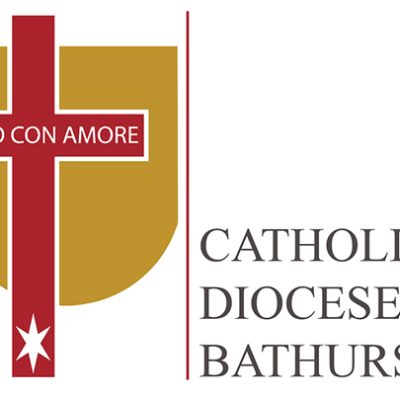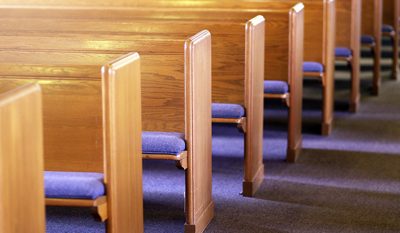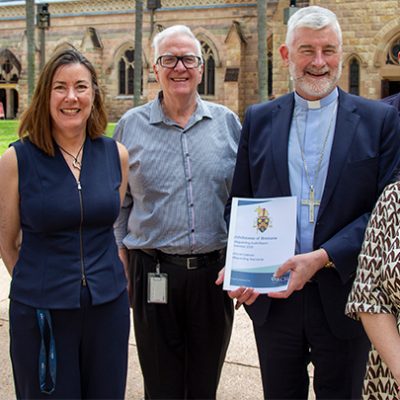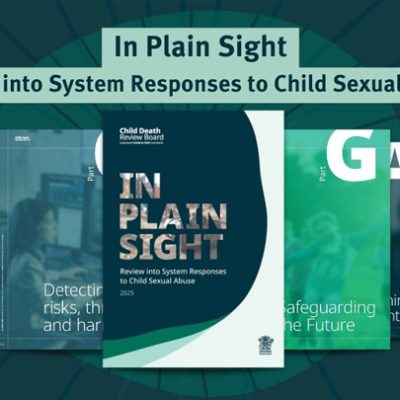
Lay members of the Church have scored lowest on a range of child safeguarding measures compared with those holding other roles, new Australian Catholic University-led global research shows.
Clergy recorded the strongest results regarding their positive attitudes and personal responsibility for safeguarding children, as well as their awareness of policies, procedures, and cultures that support safety.
The research, led by ACU’s Institute of Child Protection Studies (ICPS), involved 184 participants from ministries in Australia, the UK, the Philippines, Ghana, India, Poland, and a tertiary institution in Italy, who were grouped into roles – clergy, postgraduate students, lay people, and school staff and safeguarding officers.
People in each group rated their beliefs about their organisational culture of safeguarding and awareness of policies and procedures, their confidence to act, their attitude to prevention and the agency of children/young people, and their situational prevention knowledge and education out of a maximum score of five.
Lead author and ICPS Senior Research Officer Douglas Russell said the research, using ICPS’s Safeguarding Capabilities Survey, showed people working in different roles within churches and Church-affiliated institutions including schools and hospitals were at different stages of their safeguarding journey.
“This research shows us that safeguarding initiatives globally must focus on lay people in churches, as well as clergy and designated safeguarding leaders, to ensure widespread culture change and a safe environment for children and young people,” Mr Russell said.
The survey results were published in the journal Child Abuse & Neglect, and co-authored by ICPS Director Daryl Higgins and members of the Global Safeguarding Alliance.
Professor Higgins said the research found varying levels of awareness, confidence, attitude, and knowledge, showing more needed to be done to keep children safe.
FULL STORY
Journey to safeguard children ongoing in Catholic Church – study (ACU)






